Be Prepared Immediately For The Unexpected
I don’t know about you, but with all that I see, read, and hear on the television it’s easy for me to have a clear understanding of why we need to be prepared immediately for the unexpected. All week I’ve been hearing on TV about the challenges families are facing on the island of Hawaii with the recent volcano eruption. Thousands have been evacuated from their homes, others are stranded in their homes because the roads are closed due to the lava rolling across them. Who knows when those families will be able to return or when those hunkered down at home will get relief?
A few weeks ago it was either a snowstorm in the Northeast, a tornado in the South, or floods in the Midwest that caused families to wish they had food in the pantry, water storage for drinking and sanitary needs, a gas tank full of gas to go visit extended family or other preparedness items that can save lives, or just come in handy in times of need. What are you and your family members most concerned about when it comes to being prepared immediately for the unexpected?
Is it a possible war, job loss, loss of a spouse, loss of a parent, a natural disaster, or an unforeseen emergency? Life happens when we least expect it. We must be prepared immediately.
Let’s discuss a few things. This may be the first time you have visited my website, or you may have followed me for many years. I thank you from the bottom of my heart. We are here to learn together to be prepared immediately rather than three months from now. We must start today and be diligent in our water storage, food storage, and many other items we will talk about today.
Timetable for Life
3 minutes without air (I don’t recommend trying this)
3 hours without appropriate shelter whether hot or cold
3 days without water (we need water or we will perish)
3 weeks without food (I promise this would not be fun)
Water is Critical-Be Prepared Immediately
You may remember me talking about how long we can live or go without water. Of course, if the weather is extremely hot the time may be less. We can go without water for 3 days, we need water or we will perish. I recommend 4 gallons per day per person. The American Red Cross suggests 1 gallon per person per day. I disagree. I get thirsty just thinking I could be limited to 1 gallon of water per day. Now, I like to consider washing dishes, and a little personal hygiene in limited water situations. American Red Cross Pamphlet You can look at page 7.
We need water to hydrate ourselves, cook some meals, wash some dishes, and wash at least our underwear after a disaster, right? We can use baby wipes for mini baths, if you can call it a bath. We will need to brush our teeth with water, we take that water faucet for granted. We have all read where water has been declared undrinkable in different cities for days and months, yes right here in the US.
I had friends in Florida without water for days after the last hurricane. Look at Puerto Rico, my readers from there mentioned they were glad they had read my blog and were prepared for water and food storage. That was an emotional few weeks for me watching the news on how people were without water, food and so much more.
Please do not be one of those families standing in line waiting for a case of water at the city and county building because you didn’t prepare for your family. Let’s be frank here, store some water. It’s easy, just do it.
- Cases of bottled water, are not my first choice but better than nothing.
- 55-gallon barrels are fine but not the easiest to pump water out of the barrel. Remember you need a bung and a siphon-type pump.
- 5-gallon containers are great, but a little too heavy for me to carry.
- WaterBricks, I have the 3.5-gallon ones and they weigh about 27-28 pounds when filled with water. They come with a handle and are easy to carry and store.
- BlueCans are awesome and somewhat pricey, but the water tastes better than any I have stored. The bonus is it can be stored up to 145-150 degrees. It has a 50-year shelf-life.
- Large high-capacity water tanks are awesome because some of them hold 250 gallons of water and have two spigots, one to fill buckets and one to drain the tank. These are pricey and you need a place to store them on 2 by 4’s of wood to keep them off the concrete. Concrete may leach chemicals into the plastic containers so, therefore, store all containers off of the concrete.
Food Storage-Be Prepared Immediately
Now, I have changed my food storage ideas over the last few years. Yes, I have many #10 cans, you know the ones you see online filled with freeze-dried and dehydrated food. I prefer freeze-dried fruits and veggies because they last longer and you can eat them right out of the can. Therefore you will use less water to consume them and will require less fuel to cook them.
But I also store cans of food, all I need is a can opener. Cooking devices are nice to heat up my beans, etc.
I get emails from people asking what they can do because freeze-dried #10 cans are expensive. I get that, I really do. I bought several cans over several years. They have a 25-year shelf-life. Of course, the temperatures of storage areas must be controlled, a hot garage would shorten that timetable.
You do not have to buy #10 cans, but please buy beans, rice, pasta, spaghetti sauce, or pantry items in the size that works for you so you can make pancakes, waffles, biscuits, crackers, bread and so much more. Pantry Items by Linda
Let’s be real today. I want you to think about what you eat every day. For instance, breakfast, lunch, dinner, and snacks. I recommend using my chart to help you get started. Where Do I Start With Weekly Food Storage
This chart makes it easy to fill in what you like to eat for different meals. You can take your family to the grocery store and go down the aisles and have each choose their favorite foods. Grab a can or two of Instant Milk if you like cereal for breakfast. I store Instant Milk from Thrive Life for my husband Mark. Thrive Life Milk
If buying ready-made meals works for you, then buy those. You just add water and/or heat. Today, it’s all about being prepared immediately, we never know what may be coming soon. Please read the following books. My book: “Prepare Yourself For Survival” and Ted Koppel’s book: “Lights Out.” Thanks again for being prepared for the unexpected.
My Favorite Things:
Copyright pictures:
Water: AdobeStock_141853870 by Ddukang
Food Storage: AdobeStock_43547994 by Zigzagmtart

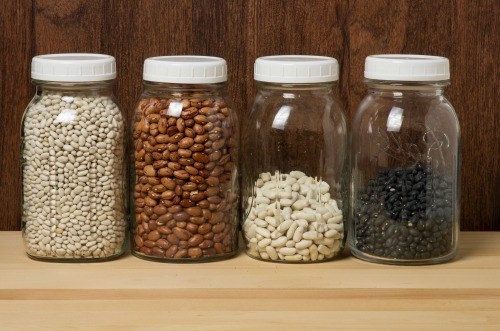

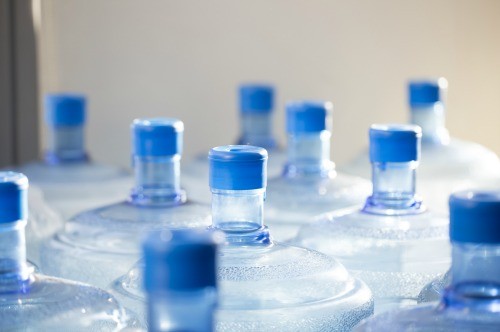
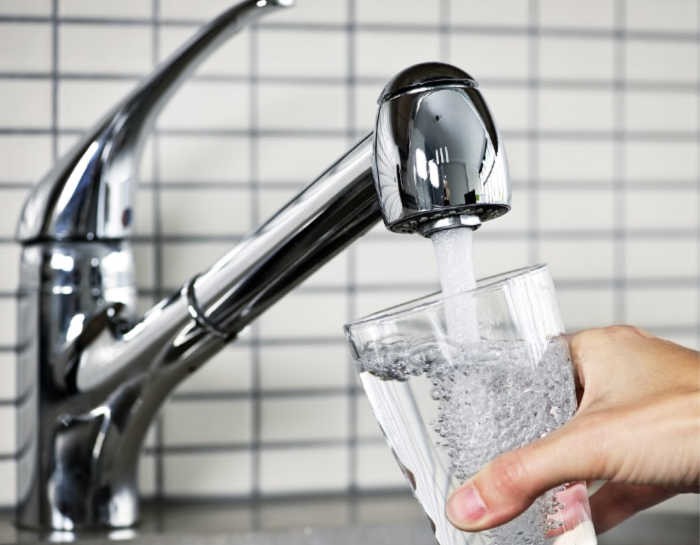
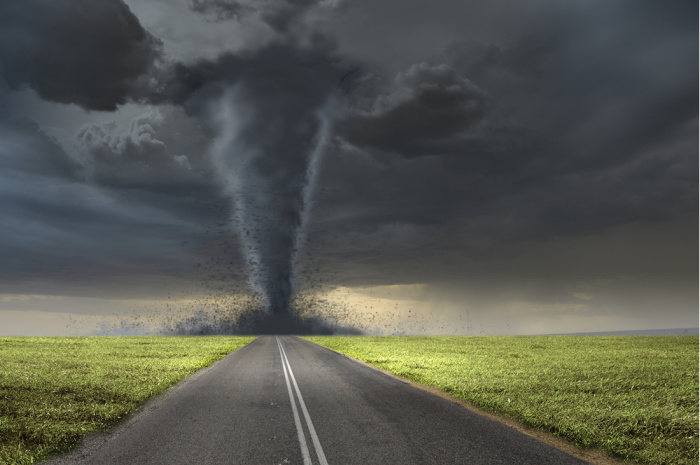
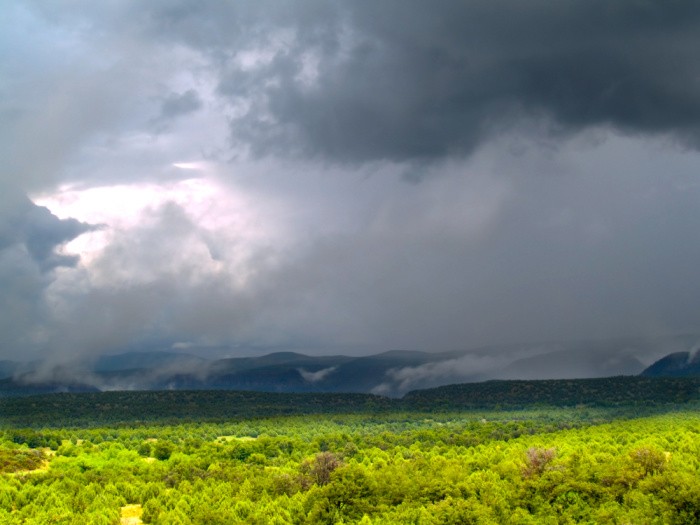
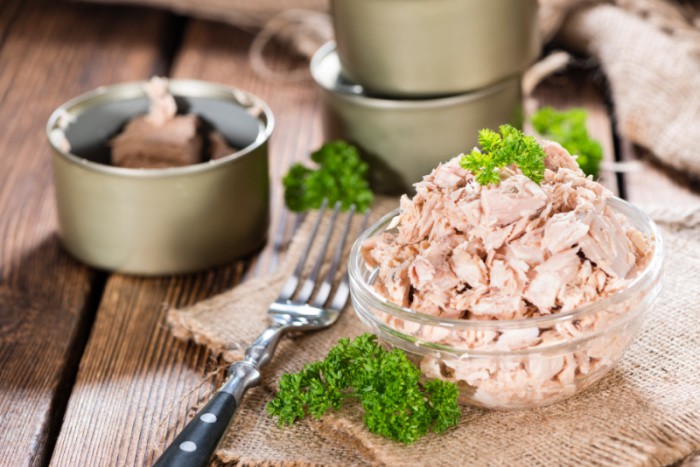

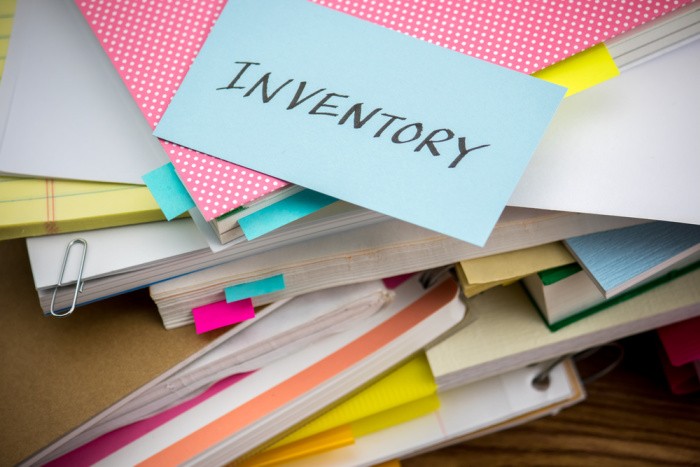
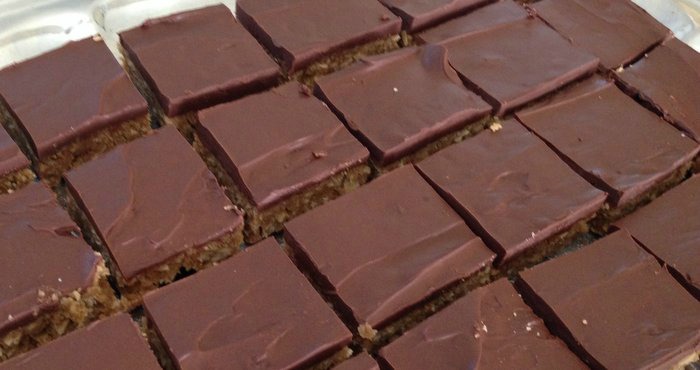
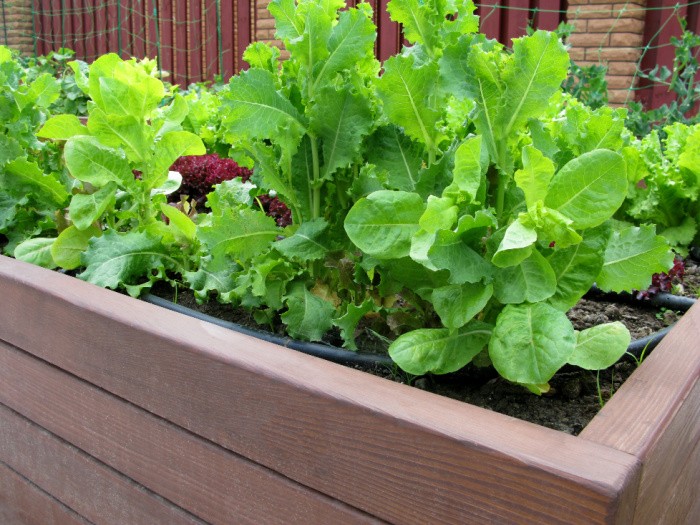
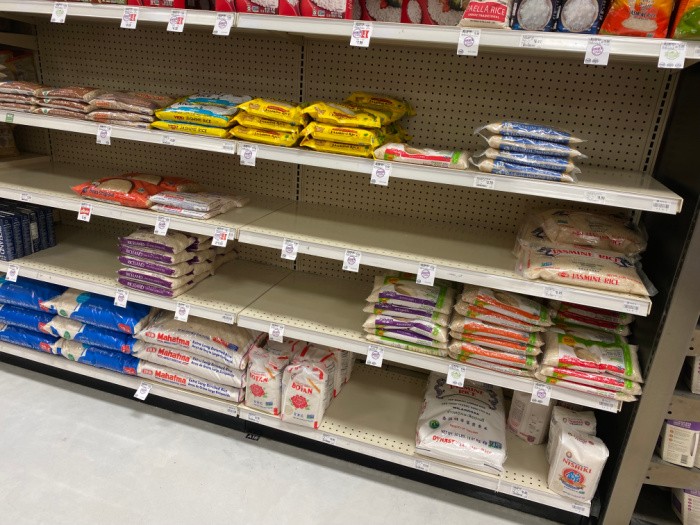
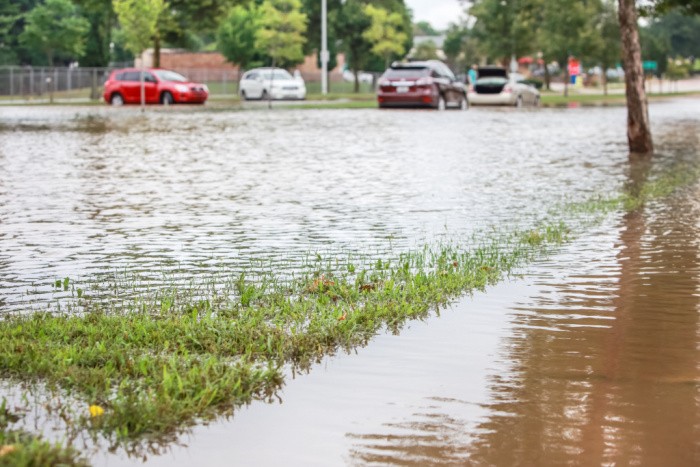


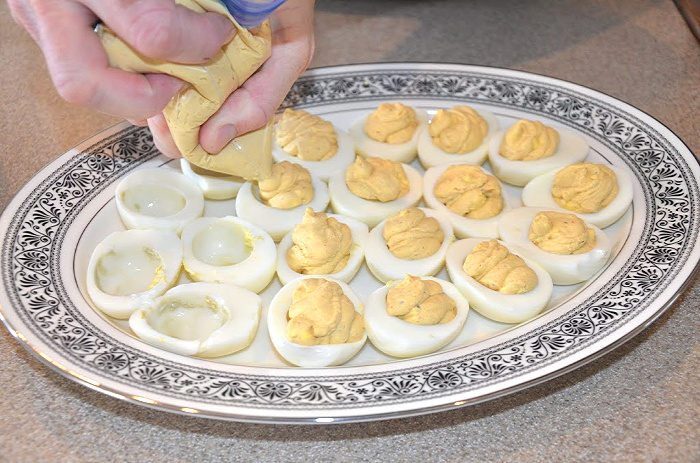
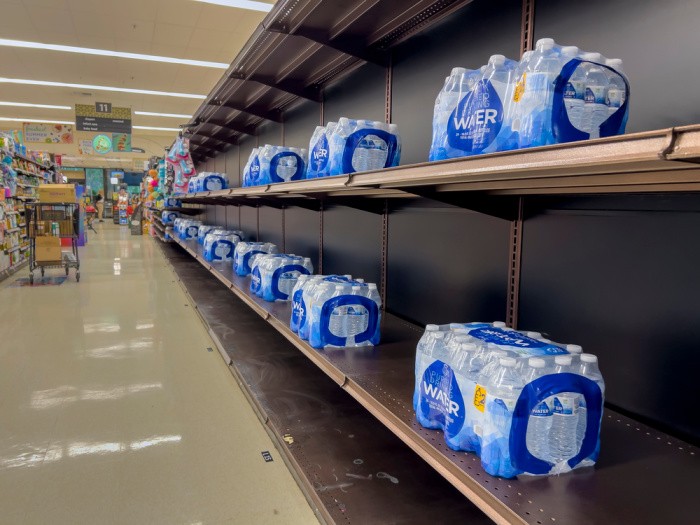



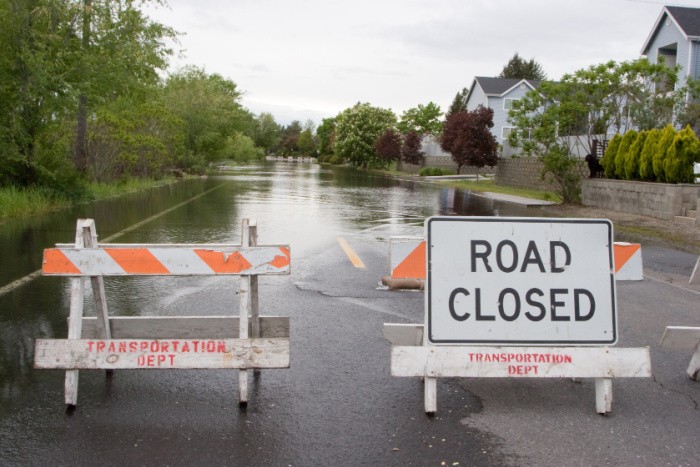


Blue cans?? Do you have a link for these? Thanks!
Hi Beth, yes at the bottom of the post. BUT if you live near where a distributor lives you can get them so much cheaper. I had to pay for shipping. https://www.bluecanwater.com/ I LOVE these, that’s all I wanted for Christmas, 12 cases. Water means more to me than diamonds which I can’t afford anyway! LOL! Linda
Linda, this is one of the hardest concepts to teach when it should be obvious. The reason for that in my opinion is that it requires folks to take action, and it’s a very personal task. A friend asked me to help her figure out what food to store and each of my suggestions met with resistance because she and her husband had food issues or wouldn’t eat certain items. I didn’t take offense as I didn’t know what they would eat but I was frustrated that she couldn’t come up with a list of foods they eat everyday to rotate in and out of a food storage kit. It’s too important not to face head on and figure it out – water first, then food. Yep, it takes time but making the plan and putting it all together is really just a little paradigm shift in thinking. Not doing making the plan and storing the food won’t make the emergency not happen. I love the phrase “doom and bloom” as that what happens to folks who do some preparing for when the time comes. Much preferable to “doom and gloom”.
Hi Debbie, oh my gosh, I love that phrase!! I had to stop teaching classes in Utah because I can reach more people through my blog. I would tell the class members the same thing over and over (year after year) and the same people still haven’t done one thing. That’s why I had my sheet made as a printable to help people. I can’t feed the neighborhood. I would need a warehouse and that’s not going to happen on my budget. Keep sharing your thoughts and ideas and one day just maybe one family may get it. God bless you for your efforts. Hugs, Linda
This comment is for Debbie, but I think the reason so many people can’t come up with food storage plans is that they don’t cook! Unless, of course, they consider taking a frozen pizza out of the freezer cooking. I don’t mean to be judgmental, but in this day of 2 working parent homes it’s very hard to come home from a long day of work & be inspired to make a healthful meal, My own granddaughters rely heavily on stopping for burgers, Chinese food, etc. After a while that’s what our palates are trained to recognize as good. I try to talk to them about crock pots, making your own “tv dinners” on the weekend, other options but I know it’s easier said than done.
Hi Linda, I totally agree. I had to get take out a lot when I owned my mortgage company for 15 years. I was blessed with neighbors that would bring me a homemade meal every once in awhile and oh my, was it good. I worked 60-80 hours a week. I said later I would never get take out again. I must say I love homemade food so much more. It’s hard when both parents work, I get it. I didn’t have the money when I was younger to have my girls in 3 or 4 different sports or lessons so I guess it was easier for me to start a crockpot before I left for work when the girls were younger. I started my mortgage company after they were grown so all my married daughters and sons-in-law could work for me and pay their way through school. I went to a class recently at the local church and a young mother was teaching a class on cooking from scratch. I had to leave because I was shocked that she was teaching how to cook with biscuits in a can, almost all of the food was processed. I realize with coupons families have to do what they have to do. But they would save so much money if they learned to cook from scratch. When we have a power grid down which I believe we will, there will be no take out. God bless this world. Linda
I agree about the lack of cooking knowledge. Finding 4-H volunteer leaders for cooking projects is becoming increasingly difficult. Wish I could figure out how to make a business out of cooking and preserving classes!
Great comment! Linda
Hi, Linda:
This post is so appropriate on so many levels. People don’t think “IT” will happen to them!
One of the things I did before I retired was to stock up on a lot of things that I use daily so I would not have to purchase them on my limited budget.
1) toothpaste – I bought the Costco sized package of 8 tubes of toothpaste – I am only on the 4th tube after 3 years of retirement.
2) toothbrushes – I received a brush each time I went to the dentist (along with mini floss pkgs; mini toothpastes). I stuck those all in my storage.
3) shampoo – I have enough to last for at least another year. I have only purchased one bottle of shampoo to use primarily during the winter as I have very dry hair and a specialty shampoo works better for me when it is cold.
4) castile soap – it can be diluted for body wash, shampoo, dish soap, floors, etc. It is not my “go to” soap but it can be used in so many ways.
5) Another thing that I have done for my food storage was purchase a monthly box of freeze dried foods in (primarily) pantry cans. I figured that I would not use the #10 cans fast enough by myself that the pantry cans, although more expensive, would be used up faster with less waste.
Thank you for all the work you do to keep people informed about preparing. I like the saying: “buy what you eat and eat what you buy”.
Hi Leanne, these are great tips!!! I save all those toothbrush goodies from the dentist as well! I love that saying as well, “buy what you eat and eat what you buy”. Love it! Linda
hello Linda
Keep driving this home girlfriend because you are saving many lives. I am getting ready to DRY can my other boxes of noodles and rice and beans again. I actually thought they would last okay in the boxes but as time goes by I realize that bugs get into the boxes. Nothing gets into the glass jars and it will be protected and ready to eat after 25 years. And dry canning in the oven is SO easy, a kid can do it. For those who do not know how…look up dry canning on the web. It will walk you through it easy and only takes a few hours to do it.
Much thanks to you for what you do. You are an angel.
Vivian
Cincinnati girl
HI Vivian, let’s hope all our neighbors get the word to be prepared! God bless you my friend, Linda
Vivian, I googled dry canning as I teach ‘canning’ and had some concerns. Whew! I’m glad it wasn’t what I first envisioned. I have oxygen absorbers and had not thought of the advantage of storing smaller amounts of dry goods in jars with the absorbers. That might also be a good idea for nuts and sunflower seeds to keep them fresh. Just so folks know, Ball does not recommend heating jars in the oven as they are made for high moist heat and the jars may break under dry heat. Thanks for sharing a new-to-me idea.
Hi Linda,
First I want to thank you, not just for this article but for opening my eyes. I used to leave prep to the hubs but since finding you I have started taking over more of the shtf planning. I just ordered my first 2 cases of blue can water. Took me hours to find a price I could live with online but I have done it & will order 2 cases a month until I am satisfied with how much I have. I always have bottled in storage but really like the 50 year life on the cans. Recently I read what I am sure was one of your articles or it was in your book about your mobile kitchen. It was great! So much so that I put the tool box on my wish list & just got it for Mother’s day. Now the problem, I can’t find the article lol You were so specific about what to put in it & where it could live I wanted to model mine from yours but can’t for the life of me find the article. I did loan your book to my sister in law so if it is in there I can get it., Please help me find that information. Thanks again for sharing your knowledge.
Hi Jaydee, Thank you so much for your kind words. It’s people like you who keep me going. I have hired someone to put “Tags” in my posts so the search is better. Hopefully, thanks again, Linda https://www.foodstoragemoms.com/make-portable-kitchen/
Linda, I really enjoy your posts. My husband has been dragging me into preparedness but I am getting more involved. We have food storage , water, gas and a generator, a garden and solar to run our well, if needed. I have one question though. I have a 25 lb. bag of sugar to store. I have heard of dry canning for flour and other things but won’t sugar just melt at high temp’s? Thanks for your help. Keep up the great work!
HI Charlene, I must caution you on dry canning. I received my Master Canning and Preserving Certificate. Please only store sugar in BPA Free containers without ANY oxygen absorbers. I do not dry can anything. White flour is only good for 9-12 months and then it goes rancid. You can buy some professionally processes flour from companies that have the expertise to regulate the correct amount of oxygen absorbers of cc’s per ounce, etc. I prefer Thrive Life or Honeyville for a few years to extend the white flour. Linda
Linda,
We keep some whiteflour in the freezer; but, find a better option is to keep a supply of wheat in #10 cans and several ways to grind it. It’s a bit more work; but, I think a better long term option.
There are so many reasons to be prepared for disaster that we can’t even think of. I hope life goes happily along, and I just have lots of food and water around. If it doesn’t I know I am prepared. If the lights go out, if there is a snowstorm, I don’t have to think about “what will I eat and drink”.
Hi, Janet, you are so right! You and I can rest assured we will not be standing in line for water at the city and county building. Yay! Linda
Linda,
Where we live, our only big threat is a tornado and you can’t do much about those except have a shelter and communications to monitor the weather. In my case these are NOAA weather radios to get advance warning, and ham radio equipment to participate in the Skywarn weather nets.
All of the threats you mention might com under the general term many have seen as: TEOTWAWKI (The End Of The World As We Know It) with the most important part of the phrase being the last 4 words: “As We Know It”.
While an asteroid strike or a nuclear war can occur, the more likely event will be a job loss, an illness, or a weather related problem that can upset the world as you know it. You can mitigate all of these by thinking them through and planning on ways to do without the conveniences’ they bring you. We have a lot of Amish in our area, and some of them use modern tools, like the occasional cell phone; but, they use them for what they really are: conveniences. Where you get into trouble is when they become necessities with no backup in place.
Your timeline of necessities for life: air, shelter, water, and food are pretty standard in any survival course, and we have numerous ways to cover each with redundancy.
For air, we live in a rural area and the likelihood of nasty things in the air like in many cities is very low.
For shelter we have a solid house with several more solid barns, plus significant amounts of camping gear should the need arise, even if we need to do indoor camping. We heat with propane which includes a forced air furnace and several gas ventless heaters that require no electricity, plus wood backup. We keep significant amounts of propane on hand along with several cords of seasoned firewood. For water we have a well and a creek with several water filters if the need would arise; plus, a whole house propane fire generator, primarily to run the well pump and refrigeration.
In a real pinch we have a Water BOB (Bathtub Oblong Bladder) that can hold 50-100 gallons and has a siphon pump to get water out when needed. These can be filled when you know something is coming, like a hurricane in Florida. For toilet flushing, you can keep some 5-gallon buckets nearly full of water with a loose fitting lid to keep out bugs and dirt and just use the nominal 1.6 gallons to manually flush the toilet, allowing 3 flushes per bucket.
We also keep several cases of bottled water on hand, for quick use “just in case”.
This may seem a bit daunting to someone just getting started and it can be; but, we’ve been at this for 34 years on this homestead and have slowly gotten here over time, as we could afford it.
For someone just getting started I would recommend you locate a water source near your location and construct a “gravity drip water filter system using 5 gallon buckets”. Entering the phrase I have here in quotes into Google and you’ll get tons of information and videos. All it takes are filters, 5-gallon food grade buckets, and a drill, and you’re good to go.
Sheltering in place means looking at what you have on hand, like blankets, sleeping bags, and other items to help keep you warm in the winter and ways to move air in the heat of the summer.
The best book I’ve found on this topic is: “Tom Brown’s Field Guide to City and Suburban Survival” by Brandt Morgan and Tom Brown Jr.
It should be in everyone’s library and used as a guide to preparing to shelter in place, especially for those who live in town.
Finally, for cooking., We have multiple ways to cook or bake, including outdoor grilling and cast iron on a wood fire; but, a small wood fire and a cast iron Dutch Oven are perhaps the most fun way to cook nearly everything from main dishes to great desserts.
I think some are trying to learn to cook and the popularity of the “meal kit” companies like “Blue Apron” show that perhaps some people would like to do more and eat healthier.
The most important thing IMHO for folks like that are to point them at sites like this one.
Oh, Ohio Prepper, you nailed it on so many items! I always LOVE LOVE LOVE your comments! We are totally on the same page as far as being prepared. We must teach other all these things and to cook at home from scratch. May God bless this world, thank you! Linda P.S. You are such a good example to others, keep it up.